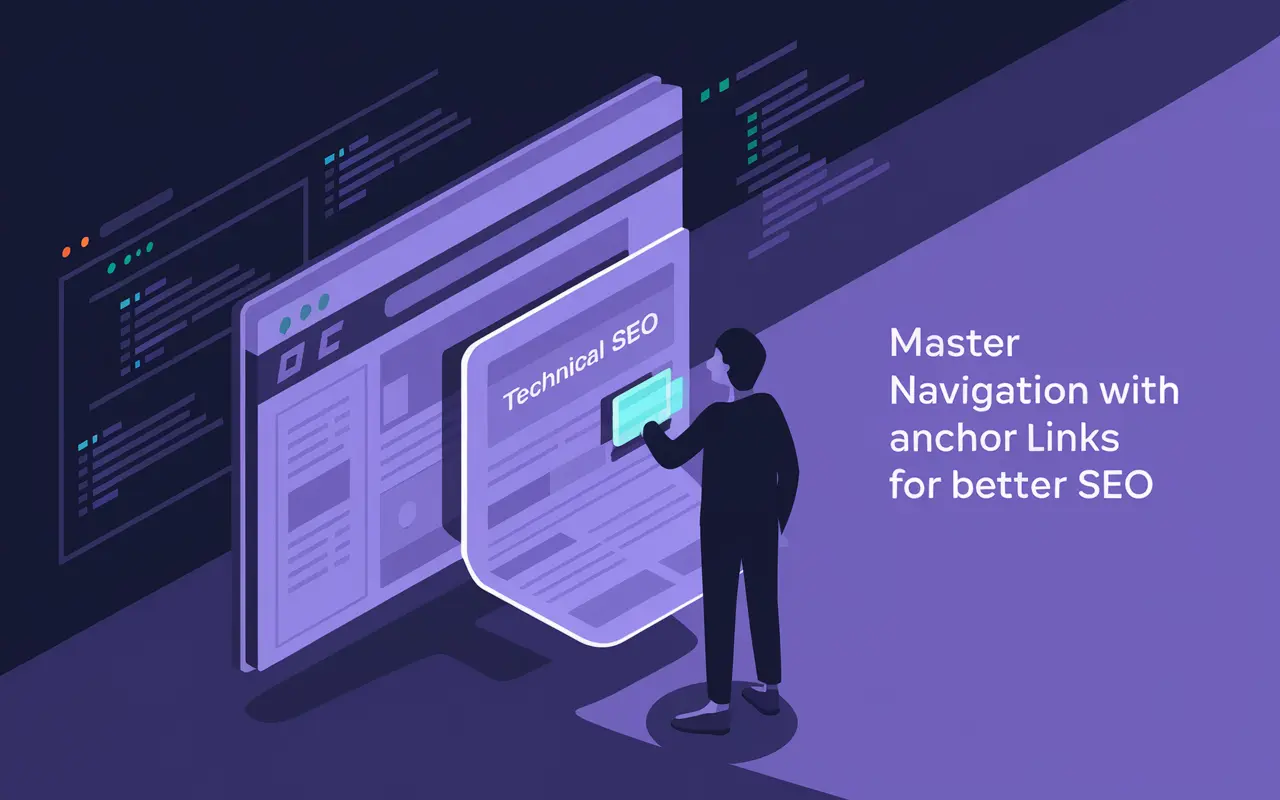What Does Building an SEO Strategy for Your Business Entail?
Building an SEO strategy for your business is the structured process of optimizing your website and online presence to increase your visibility in search engines like Google. It involves keyword planning, content development, technical SEO practices, link building, user experience improvements, and performance monitoring. A tailored SEO strategy aligns with your business goals and ensures that users find your services or products when searching online.
This is not a one-time task but an ongoing, data-driven process that adapts to algorithm updates, changing user behavior, and competition. Whether you run an eCommerce store, local business, or corporate site, a robust SEO strategy is foundational to long-term digital success.
Key Takeaway
Building an SEO strategy for your business delivers sustainable online visibility by aligning keyword intent, content creation, and technical performance to meet both search engine requirements and user expectations.
Why Developing an SEO Strategy Is Crucial for Your Business
In today’s digital landscape, where 93% of online experiences begin with a search engine, businesses can’t afford to leave SEO to chance. A solid SEO strategy ensures that every aspect of your site and content works harmoniously to drive organic traffic, generate leads, and increase conversions.
SEO Amplifies Brand Visibility
A focused SEO strategy gets your pages ranked for buyer-intent keywords, helping potential customers discover your brand organically during different stages of the buyer journey.
It Builds Authority and Trust
High-ranking content positions your business as an authority. With E-E-A-T (Experience, Expertise, Authoritativeness, Trustworthiness) now heavily considered by Google, SEO strategy development becomes even more critical for sustainable ranking.
Contributes to Long-term ROI
Unlike paid advertising, organic SEO builds over time. The upfront work done today compounds and pays off in the form of free traffic and ongoing brand exposure.
Best Practices for Building an Effective SEO Strategy
- Conduct In-Depth Keyword Research: Use tools like Google Keyword Planner, Ahrefs, or SEMrush to find high-volume, low-difficulty keywords relevant to your business niche.
- Develop Search Intent-Aligned Content: Create content based on what your users are trying to achieve — informational, navigational, commercial, or transactional intent.
- On-Page Optimization Framework: Optimize title tags, headers, SEO-friendly URLs, internal linking, and image alt attributes for better indexing and user experience.
- Ensure Mobile-First Indexing: Mobile-friendly design is a priority since Google now indexes mobile versions for ranking.
- Build High-Quality Backlinks: Outreach for guest blogging, PR campaigns, and database listings to build domain authority.
- Site Performance Optimization: Page load speed, Core Web Vitals, and secure HTTPS protocols boost user satisfaction and rankings.
- Technical SEO Audit: Regularly check for crawl errors, canonical issues, and schema markup improvements.
- Track KPIs with Tools: Use Google Analytics and Google Search Console to measure traffic growth, rankings, CTRs, bounce rate, and engagement metrics.
How SEO Strategy Works in a Practical SEO Framework
1. Discovery & Audit Phase
Analyze the current SEO state of your website. Perform a technical audit, keyword gap analysis, and competitor analysis to understand opportunities.
2. Strategy Development Phase
Create defined marketing goals like driving X% increase in traffic or rankings for primary services within a set timeframe. Plan keyword clusters, content calendars, and outreach strategies accordingly.
3. Execution Phase
Begin optimizing pages, rewriting or publishing new content, improving technical site health, and executing link building and promotional efforts.
4. Monitoring & Iteration
Use analytics and SEO monitoring tools to track the impact. Adjust strategies based on performance metrics and continuous testing.
| Stage | Key SEO Tasks | Tools |
|---|---|---|
| Discovery | SEO Audit, Competitor Analysis, Keyword Gap Analysis | Ahrefs, SEMrush, Screaming Frog |
| Strategy | Goal Planning, Keyword Mapping, Content Calendar | Google Sheets, Keyword Planner |
| Execution | On-Page Optimization, Content Writing, Link Building | Yoast SEO, Grammarly, BuzzSumo |
| Monitoring | Track Rankings, Improve UX, Adjust Tactics | Google Analytics, Search Console |
Case Study: Transforming a Local Service Brand with SEO Strategy
Problem: Low Local Visibility & Flat Organic Traffic
A local home renovation company struggled with poor keyword rankings and stagnant web traffic, heavily relying on word-of-mouth referrals and low-ROI PPC campaigns.
Solution: SEO Strategy Implementation Focused on Local Optimization
We conducted a comprehensive local SEO audit, developed pillar topic content around renovation services, enhanced Google Business Profile, and implemented structured data markup. Local citations and geo-tagging were added to boost map pack presence.
Results: 242% Traffic Increase and 3X More Leads
Within six months, organic traffic increased by 242%, and the brand started ranking in the top 3 for more than 40 local keywords. Monthly leads from organic search tripled, and PPC dependency reduced by 65%.
Common SEO Strategy Pitfalls to Avoid
- Skipping the Audit Phase: Not understanding your current performance can lead to misaligned goals.
- Focusing Only on Keywords: Ignoring search intent and content quality leads to poor engagement and high bounce rates.
- Overlooking Mobile & Speed Factors: Google prioritizes user experience including mobile responsiveness and load times.
- Set & Forget Approach: SEO is a continuous process, not a one-time task.
- Ignoring Link-Building: Neglecting domain authority building limits ranking potential significantly.
Related Terms
- Technical SEO: Refers to improving technical aspects of a website, such as crawlability, security, and mobile performance.
- Keyword Research: Finding relevant keywords that drive targeted search traffic to your site.
- Content Marketing: The strategic creation and distribution of valuable content to attract and engage a specific audience.
FAQs About Building an SEO Strategy for Your Business
Typically, it takes 3 to 6 months to see noticeable results, depending on the competition, industry, and quality of the SEO implementation.
Yes, SEO is crucial for small businesses to compete with larger players by appearing in local search and targeting long-tail keywords.
Paid search offers quick visibility, but SEO strategy provides long-term, sustainable traffic with a better return over time.
If you lack time or in-house expertise, hiring an SEO agency is a good option to get professional help in achieving SEO goals faster.
Conclusion: Elevate Your Business with a Winning SEO Strategy
Building an SEO strategy isn’t just a marketing add-on; it’s integral to surviving and thriving in today’s search-driven digital economy. Well-planned SEO can drive qualified traffic, increase leads, build brand trust, and give you a sustainable competitive advantage. Whether you handle it internally or hire experts, prioritizing SEO strategy development will build your foundation for long-term success. Explore our detailed SEO learning center to get started today.






